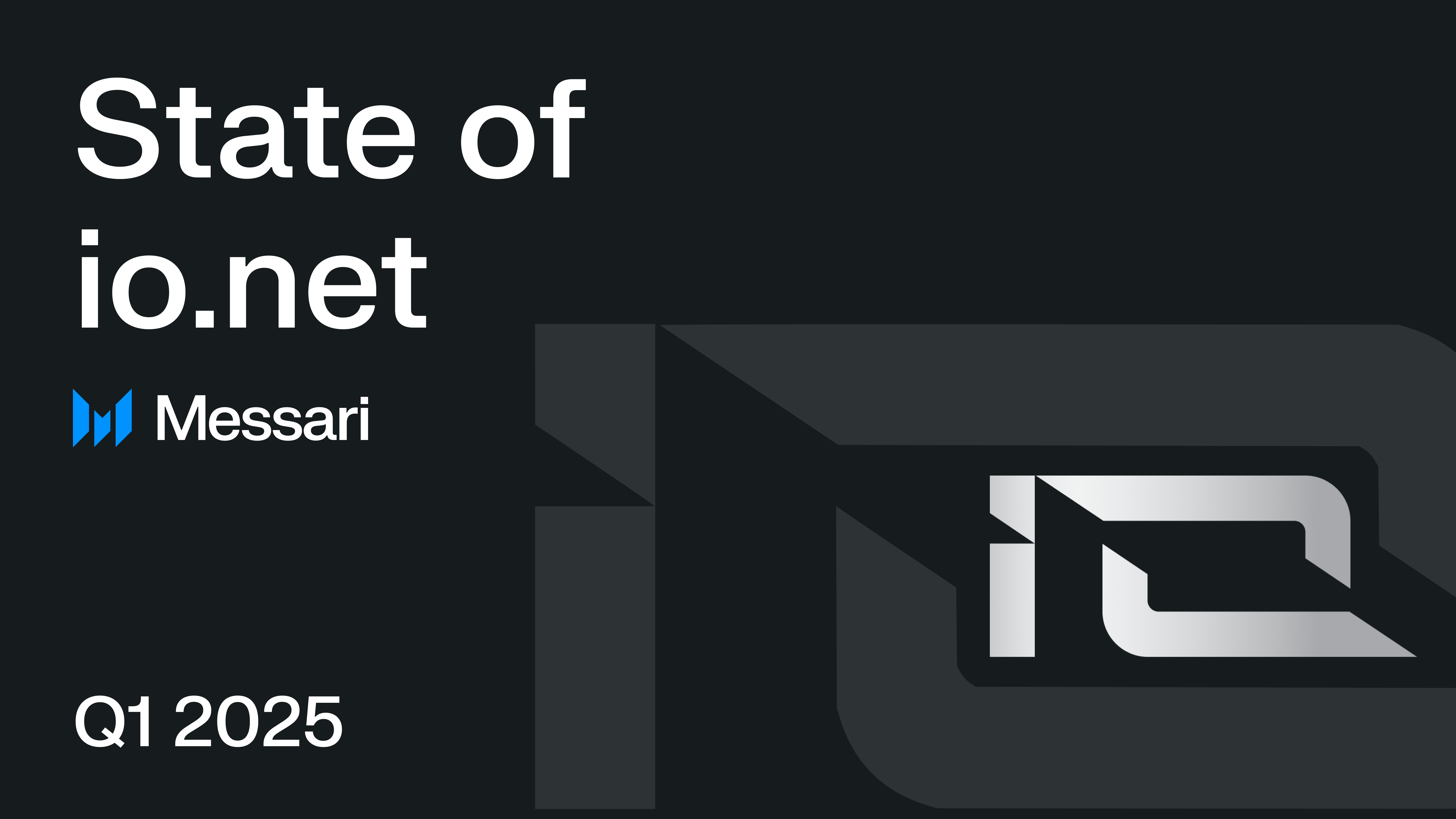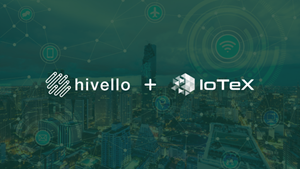AI-Focused Altcoins Surge After Coinbase Listing
A recent surge in the cryptocurrency market has been observed following the listing of several altcoins on Coinbase, a prominent US-based crypto exchange. Among these, Pyth Network (PYTH), Kaito (KAITO), and Bittensor (TAO) have experienced significant price increases. Kaito, an innovative “InfoAI” protocol designed to address fragmentation in the digital assets sector, saw its price nearly double, trading at $1.92 after a remarkable 99.89% rise within 24 hours. This surge was bolstered by its simultaneous listing on both Coinbase and Binance, the latter being the largest global crypto exchange by trading volume.
Bittensor, a decentralized machine-learning network that facilitates the creation and exchange of AI learning models, also benefited from the Coinbase listing. The price of TAO jumped from a low of $445 to a peak of $484, marking an 8.7% increase shortly after the listing. However, the price has since stabilized, currently trading at $453. This fluctuation highlights the volatility often associated with newly listed cryptocurrencies, particularly those tied to emerging technologies like AI.
Pyth Network, a decentralized oracle provider, also saw a notable price increase after its listing on Coinbase. The asset’s price rose from $0.235 to $0.263, reflecting a 12% gain before retracing to $0.243 at the time of writing. These developments underscore the growing interest in AI-focused projects and decentralized technologies within the crypto space, as investors seek to capitalize on innovative solutions that address current market challenges.
Related News





